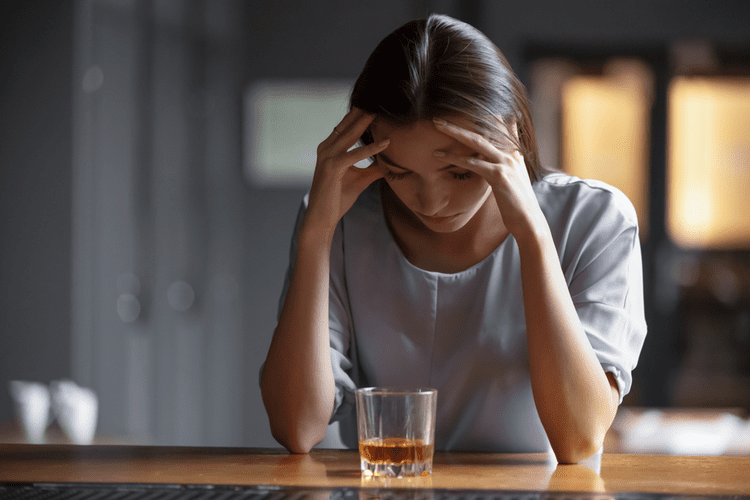A relapse prevention plan works best when you do it under a therapist or counselor’s supervision. That way, you can explore new behaviors and thought patterns to help you stay clean. A relapse is a return to drinking or drug use after attempts have previously been made to stop. Before getting to a full-blown relapse, however, a person may experience a lapse, described as the initial use of a substance after a period of recovery.4 The late addiction researcher G.

Addiction Relapse Prevention

By gaining http://www.2on2.ru/sbornaya.htm insight from these experiences, individuals can make informed decisions and take proactive measures to avoid similar pitfalls. Setting realistic and achievable goals is an important skill in relapse prevention. Goals provide direction and motivation, helping individuals stay focused on their recovery journey.
- When people are happy with their lives, they’re less likely to get into trouble.
- This approach provides a structured framework that supports individuals in sustaining their recovery efforts and achieving lasting change.
- Stress is a common trigger for relapse, making stress management skills essential.
- It involves going through the process from start to finish and noting all the changes that would occur if you give into the temptation.
Understanding Lapses and Relapses
Some researchers have differentiated a „lapse” (an initial use of the substance) from a „relapse” (uncontrolled use of the substance). However, this distinction may be detrimental to some individuals by helping them to minimize the impact of a lapse. Also, an initial lapse can lead to an increased obsession with further use. Some patients early in recovery may set up unreasonable expectations in that they believe they will never again think about using or having http://www.socioforum.ru/profile.php?mode=viewprofile&u=36700 a relapse.

Importance of Developing Relapse Prevention Skills
- Regular exercise such as running or walking stimulates the release of endorphins and serotonin, natural substances that enhance mood and are important for recovery.
- This section aims to equip readers with a deeper understanding of triggers and practical ways to manage them, strengthening their resolve in their recovery journey.
- Addiction Resource does not offer medical diagnosis, treatment, or advice.
- This means in RP, the clinician and patient may act out an upcoming or common “real-life” situation to help with skill practice and application.
Relapse Prevention (RP) strategies can vary significantly depending on the substance involved. Different substances https://101amazingcoffee.com/product-tag/health/ present unique challenges and triggers, necessitating tailored approaches to ensure effective relapse prevention. Mindfulness-Based Relapse Prevention (MBRP) integrates mindfulness practices with traditional RP strategies.
